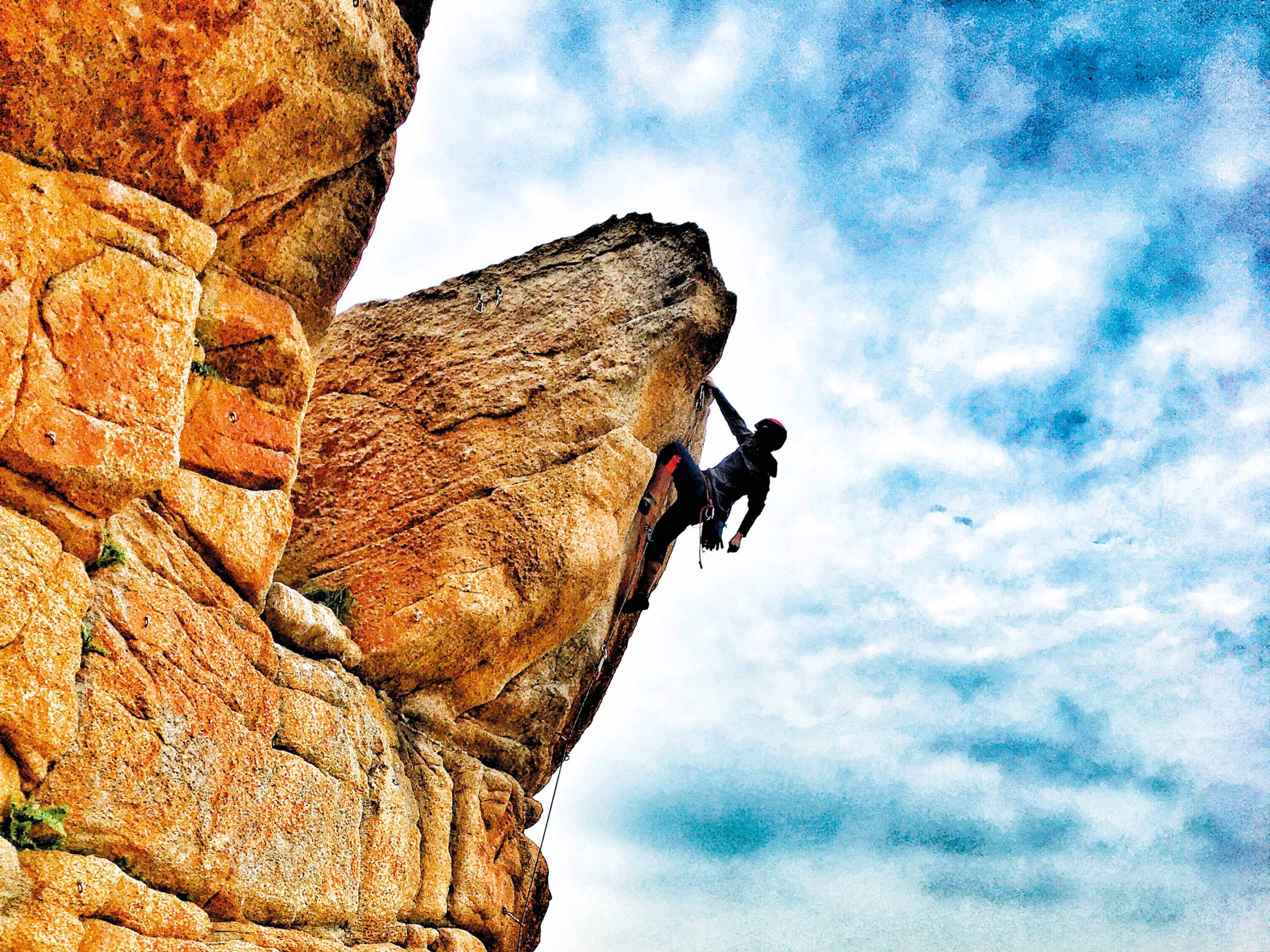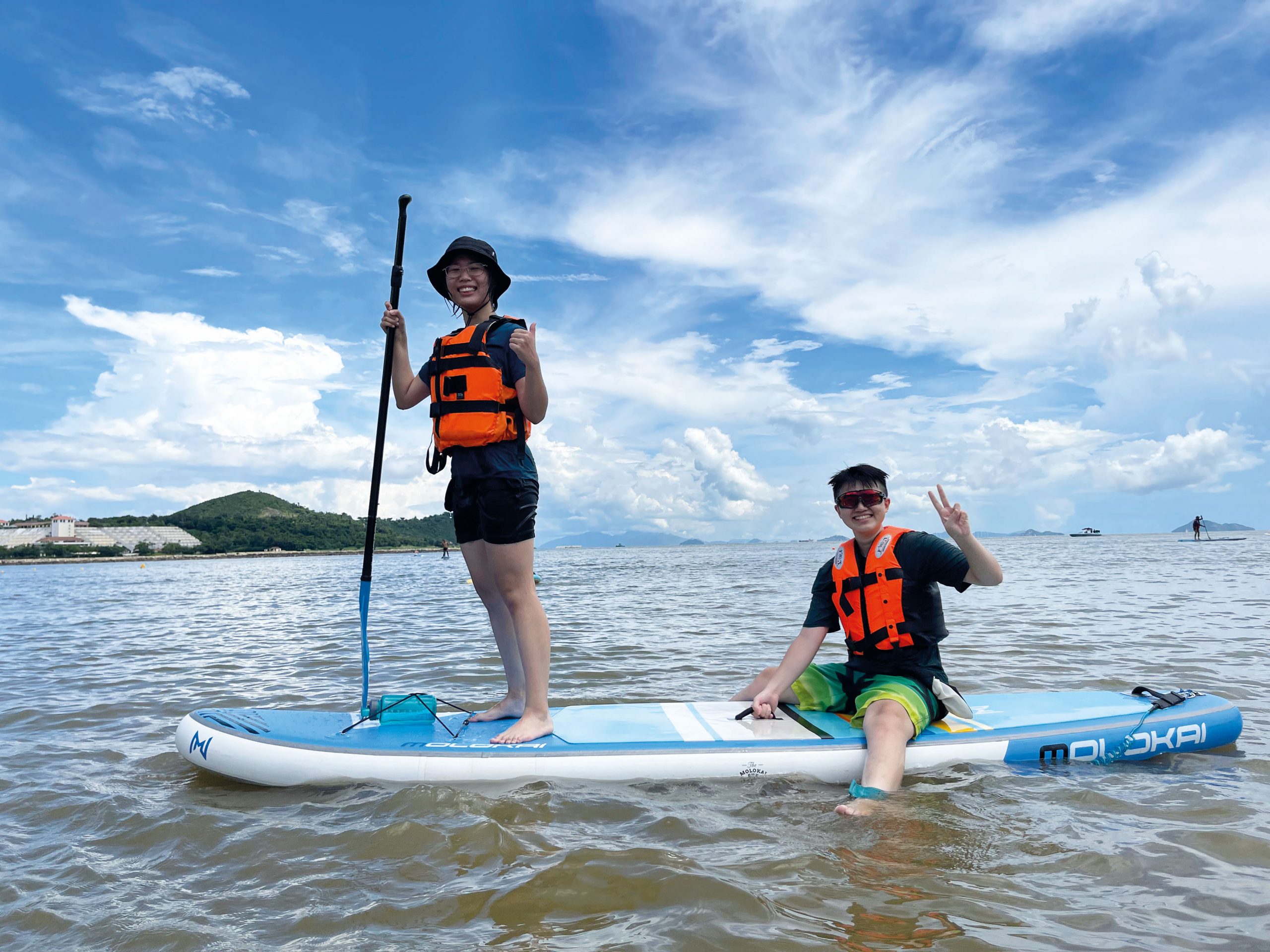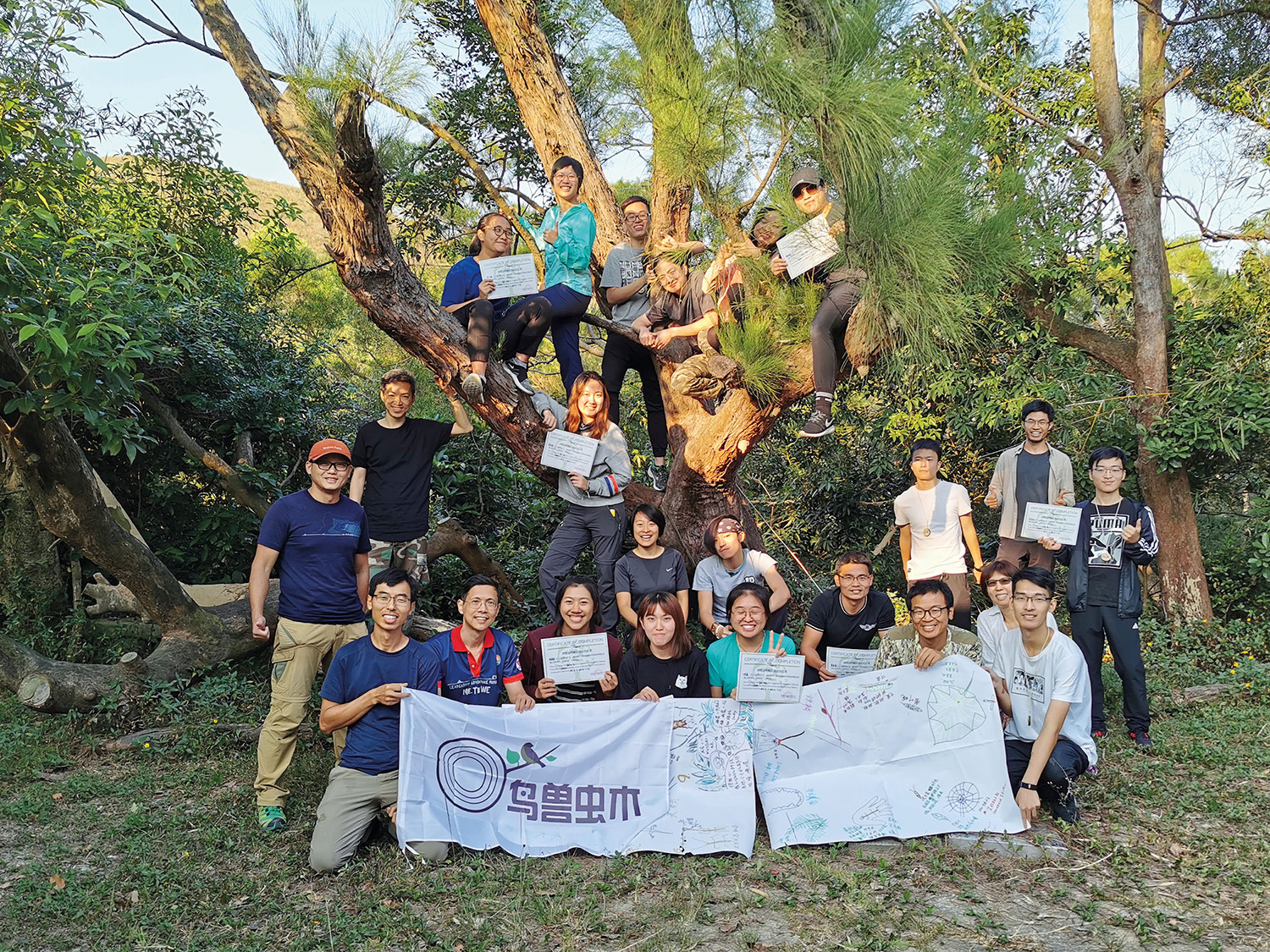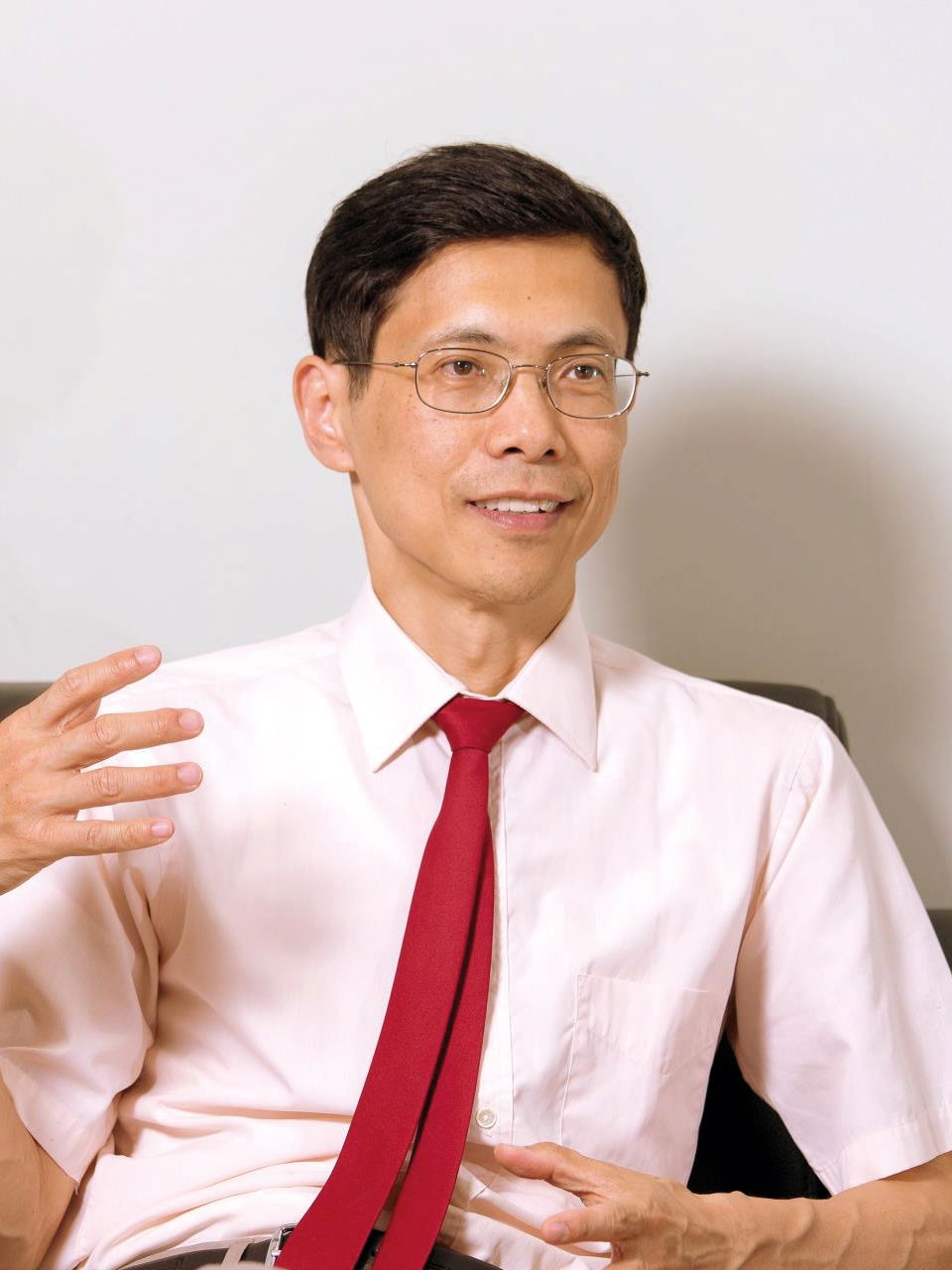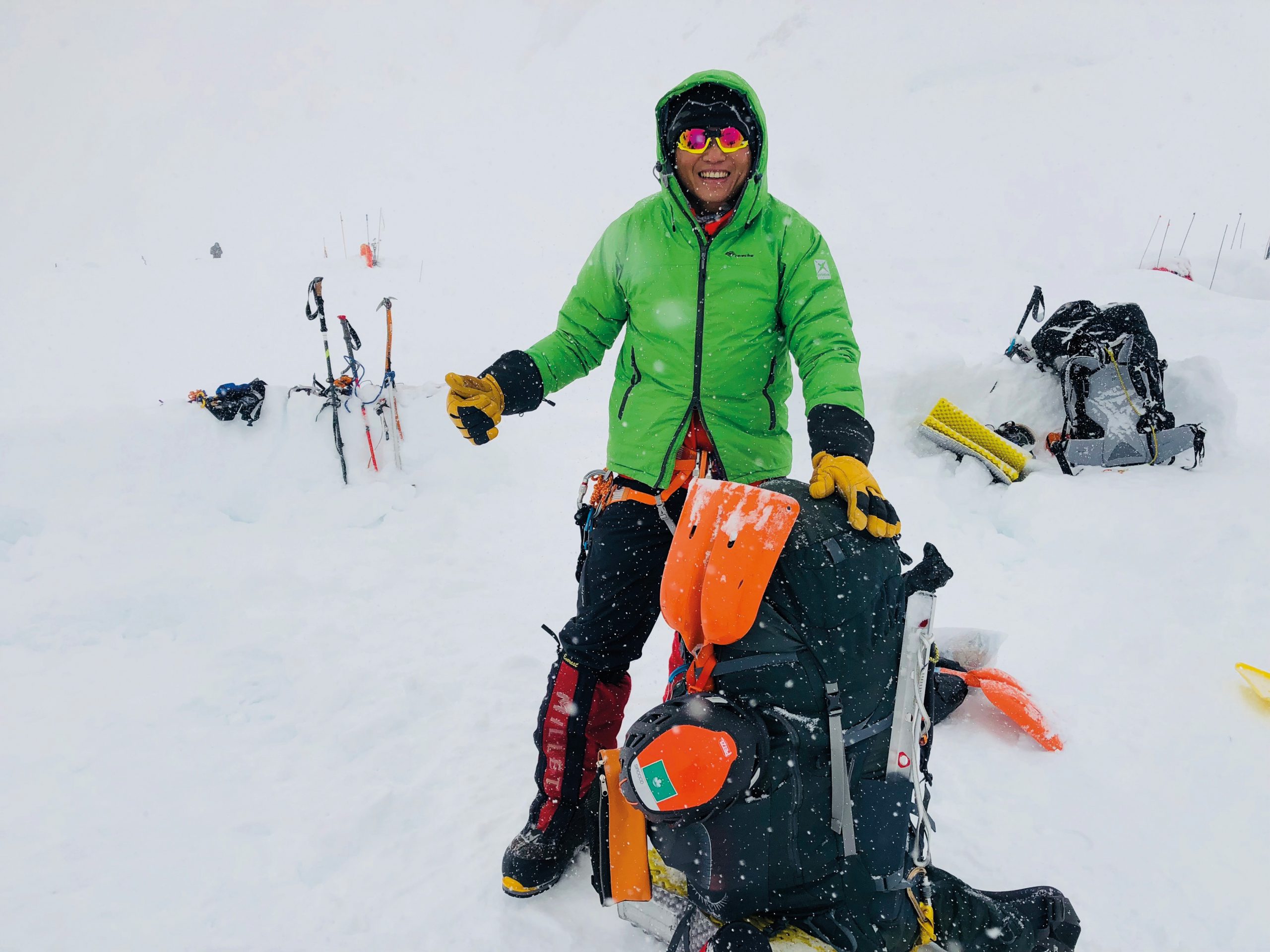Martin Luther King Jr said: ‘Intelligence plus character, that is the goal of true education.’ In its residential colleges, the University of Macau (UM) created a platform for knowledge integration based on experiential learning, which strives to cultivate in students seven competencies to inspire them to attain academic excellence as well as high moral character and integrity.
Experiential learning is not a slogan, but a process of reflection, self-improvement, and self-discovery through practice. By exploring different possibilities in a controlled environment of risk assessment and management that meets international standards, students can effectively integrate what they have learned into their lives and transform it into valuable experience. If students value their experience and cherish the learning opportunities they receive through reflection, they may gain a different perspective on life.
Exploring the Connection between Life and Experiential Learning
The ‘Me to We’ (MTW) outdoor leadership programme is a highlight of the residential college education at Chao Kuang Piu College (CKPC). With an emphasis on outdoor education based on experiential learning, the MTW programme aims to encourage students to explore nature and life and serve others. Through guided reflection, students learn to use the experiential learning model to solve problems and challenges and transform their experiences into practical knowledge in their daily lives.
A departure from the traditional education model, outdoor experiential education can effectively help students explore their connection to nature as they participate in different outdoor sports activities. In nature, plants and animals develop different habits to adapt to their environment. By observing nature and discovering its vivid stories, students learn to evaluate the environment based on details and apply their creativity and innovative ideas to tackle challenges in different circumstances. They can also develop leadership skills, interpersonal skills, and problem-solving skills; build their resilience, willpower, and grit; examine their self-efficacy; and enhance their self-confidence as well as self-worth.
By exploring nature, students also acquire risk assessment and management skills. For example, in a rope challenge, students have to form a system using equipment to effectively and safely tackle various problems. The process involves high-level risk management skills and proper usage of the system and is analogous to how we achieve goals in life: combining skills of time management, emotional management, and social leadership with the need for achievement, self-confidence, and proactivity into a functional system that can maximise our performance under controlled risk conditions.
While building a team to encourage students to challenge themselves, the MTW programme also emphasises ‘serving others and becoming global citizens’ to bring about greater awareness among students of national and social needs. The college attaches great importance to the essence of education and hopes to show students that ‘human beings are precious and valuable’.
Leaving the Comfort Zone and Facing Life Challenges
The MTW programme also emphasises life planning for students and encourages them to summon the courage to leave their comfort zones and overcome various life challenges.
‘I feel that rock climbing and life are similar in some way,’ says a member of the MTW programme after a rock-climbing session ‘Our future is like a climbing wall or equipment that we have never met before, full of excitement and mysteries. There are different routes and different levels of difficulty, and we may encounter different weather conditions. Before climbing the wall, we must get ourselves ready, find the right tools (friends), and pick a route that suits us.’
‘During the climb, we may find that the route is different from what we thought. However, as we want to keep going up and see more, we will reflect on our performance, adjust, and take the advice of others. We may feel tired or scared when we reach the middle point, which is like a difficult setback that we may encounter in our lives. At this time, we can choose to take a little break, continue forward, or take a step back and reflect on our performance before trying to climb higher,’ he adds. ‘As we make breakthroughs or when we reach the top, we will know that our efforts have paid off and are meaningful. This is a small peak in our life journey, and there are many more peaks ahead waiting for us, as there are always different stages and possibilities in life.’
Giving Life to Life
Prof Hsieh Chih-Mou, a pioneer of outdoor experiential education, once said: ‘Experiential education makes us more human.’
Professional outdoor education instructors are responsible for developing risk assessment and management mechanisms with controllable elements of adventure to guide students in their reflection. Topics of reflection include enlarging the comfort zone, self-awareness, encouragement and companionship, service, and responsibility, leading and being led, success and support, my team and me, cultural inclusion, awareness of physical fitness, and civic responsibility. Through guided reflection, students translate their experiences on these topics into practical life knowledge. Compared to learning in a classroom, experiential education is more effective in helping students gain insight into life, which is also a process of ‘giving life to life’.
Author:
Dr Lau Yun Tung is the college master of CKPC and a professor in the Faculty of Science and Technology. He leads a team of resident fellows and administrative staff to inspire lifelong learning, innovation, and continuous growth in students.
Dr Cheang Chi Meng (Mike) is a resident fellow of CKPC and has been an educator for 28 years. He hopes to use elements of experiential learning and outdoor education to help young people pursue their dreams and let them know they have unlimited potential.
Website of the Residential College System: https://rc.um.edu.mo/
Text / Cheang Chi Meng & Lau Yun Tung
Photo / Chao Kuang Piu College
English Translation / Anthony Sou
Source: UMagazine ISSUE 27

